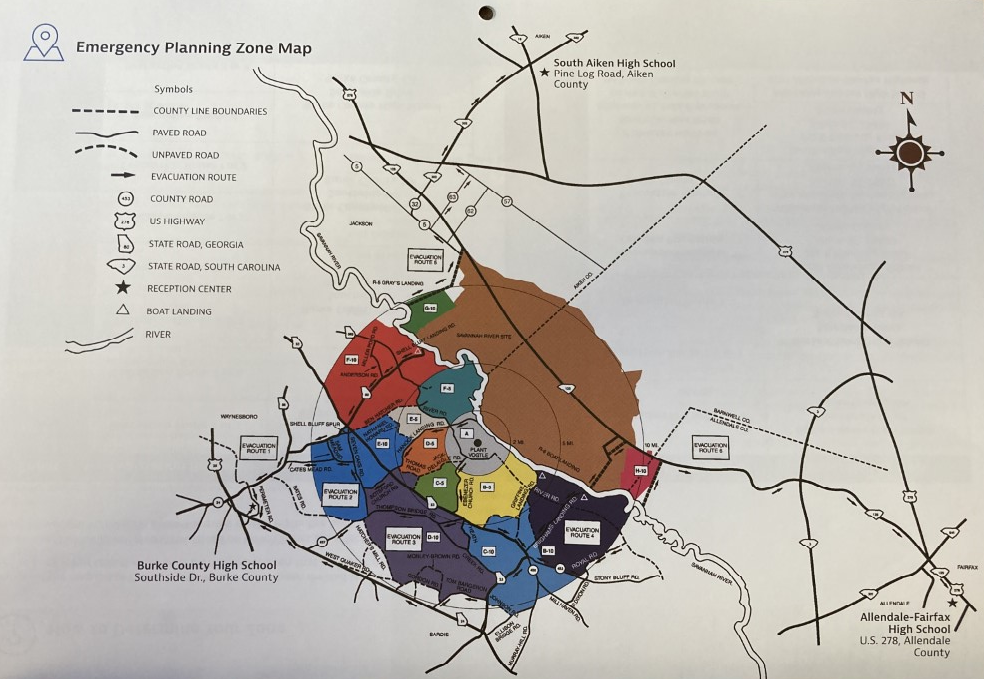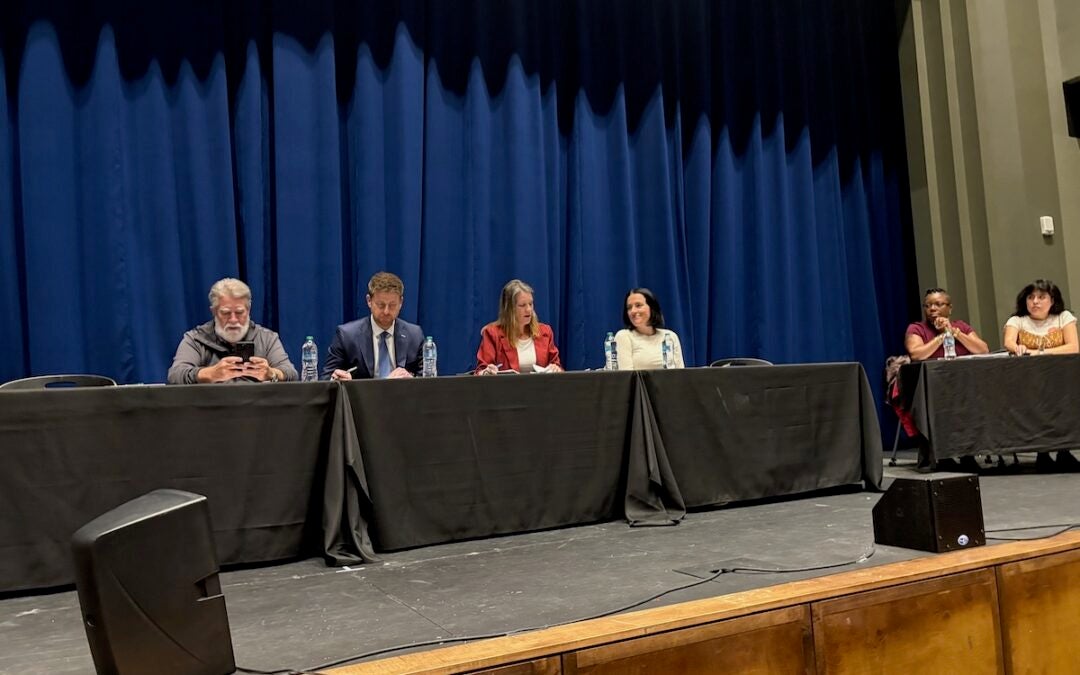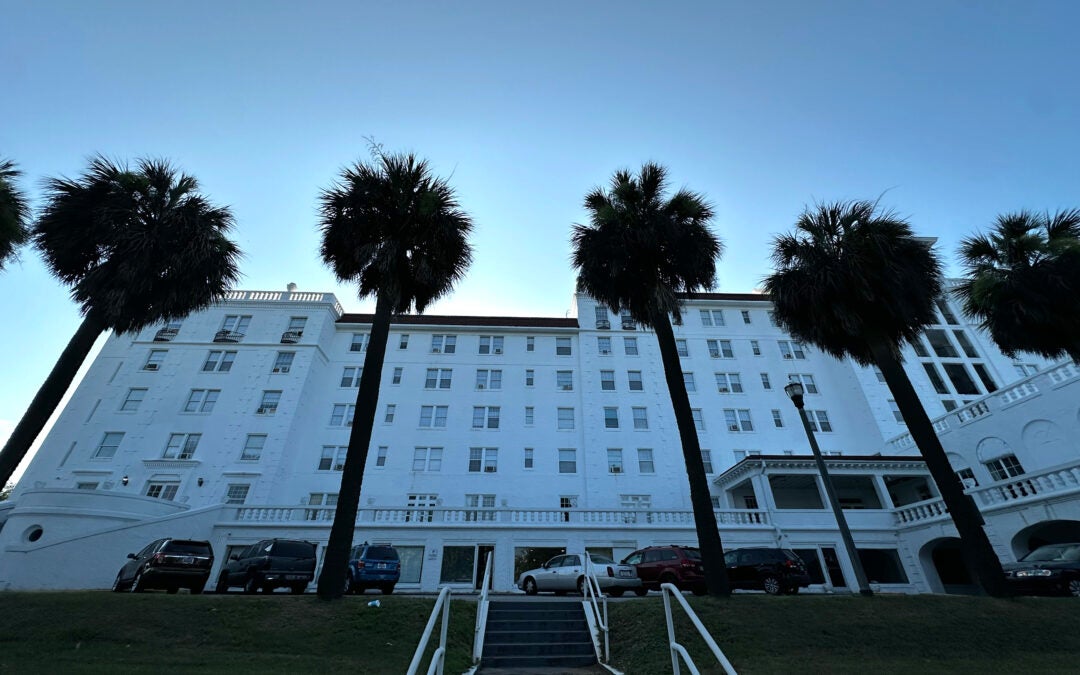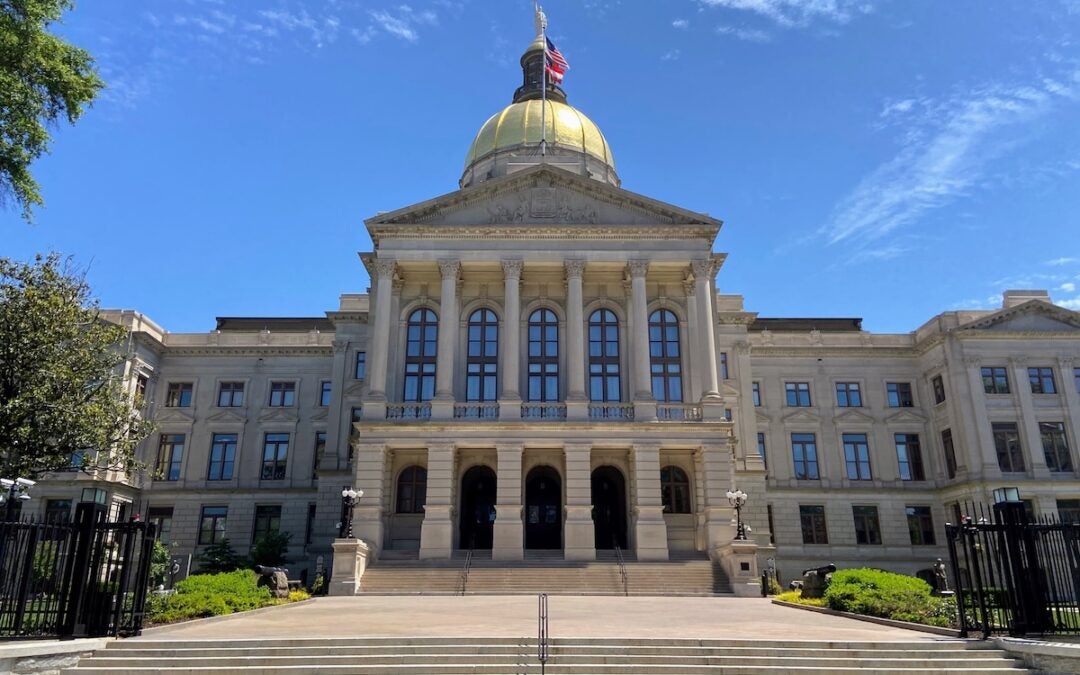In a media day event at the Vogtle Joint Information Center on Friday, Dec. 3, Plant Vogtle personnel laid out the plant’s latest emergency preparedness materials and discussed how the pandemic altered communication channels.
Adrienne Tickle, crisis communication lead for Georgia Power, led the presentation. She began by emphasizing that the media is a key partner for Georgia Power and Plant Vogtle when it comes to emergency preparedness and communicating with the public.
MORE: Plant Vogtle’s Unit 4 Testing Back on Track
“If an emergency situation arises, we are working just as hard with our people inside the plant to solve the problem as we are with our emergency management partners to get information sent out to the public through our Joint Information Center. We rely heavily on our media partners to help share that information. Their role is critical,” she said.
The Joint Information Center, or JIC, as it is often referred to, is the communications hub for both emergency management partners and media personnel in the case of an emergency situation.
Tickle said the pandemic altered their efforts by shifting many of their communications staff to working from home.
“We further developed our Joint Information System. We’re making an effort to coordinate and ensure the safety of the public above all,” Tickle said. “Before, during and after anything that happens, we must keep the public informed.”
[adrotate banner=”51″]
The Joint Information System is Vogtle’s emergency alert system.
Tickle said that Vogtle leadership works in tandem with Savannah River Site when it comes to communication.
“SRS is involved in all our quarterly meetings. They come to our drills when they can and we go to theirs when we can,” Tickle said. “If there is an incident at the plant, they are going to determine what they do on their own. We communicate what we do but they still make their own decision.”
In Plant Vogtle’s decades-long history, there has never been an emergency situation.
“Vogtle doesn’t blow up, so rest assured,” Tickle said. “The industry does learn from past issues. When the Fukushima disaster happened in 2011, the entire nuclear industry added additional layers of protection and safety. Now, everyone has backups for their backups.”
Tickle said that local TV and radio is a key factor in alerting the public of any news, both for residents within 10 miles of the plant and for the CSRA at large.
Amylia Lester, Burke County public information officer, said the best way for residents of the immediate area to be prepared is to sign up for CodeRed Alerts. It’s a high-speed emergency notification system that allows Burke County Emergency Management Agency to deliver messages to targeted areas or the entire county.
Lester said it’s vital for residents to determine where they live in the Emergency Planning Zone Map.

“Look and see what zone you live in. There might be recommendations based on your zone when an emergency alert comes out,” Lester said. “If there were an emergency at Vogtle, wind direction could play a big part, so knowing your zone will alert you to what you may need to do.”
Lester said the alerts also let people know when Vogtle does siren tests and the alerts also include weather alerts and potential evacuation alerts in case of a real emergency.”
She also recommended nearby residents follow their Facebook page for any updated information.
Tyler Strong is the Business Editor for The Augusta Press. Reach him at tyler@theaugustapress.com











